Refugee Children: The Latest Target for Racism in Lebanon | News Report: August 2023
13/09/2023
Racism in Lebanon targets refugees as well as their children, with hospitals denying their rights, even in death, and media outlets portraying their integration in schools as a “threat.”
Here’s our news roundup report for August 2023, compiling news about migrants and refugees in Lebanon, and the region.
Articles and views shared in the News Report do not necessarily represent ARM’s views. Information in these articles has not been fact-checked by ARM and may contain some errors. ARM is simply compiling all news relevant to migrant communities to inform our advocacy efforts and to facilitate the work of organizations that cater to migrant communities.
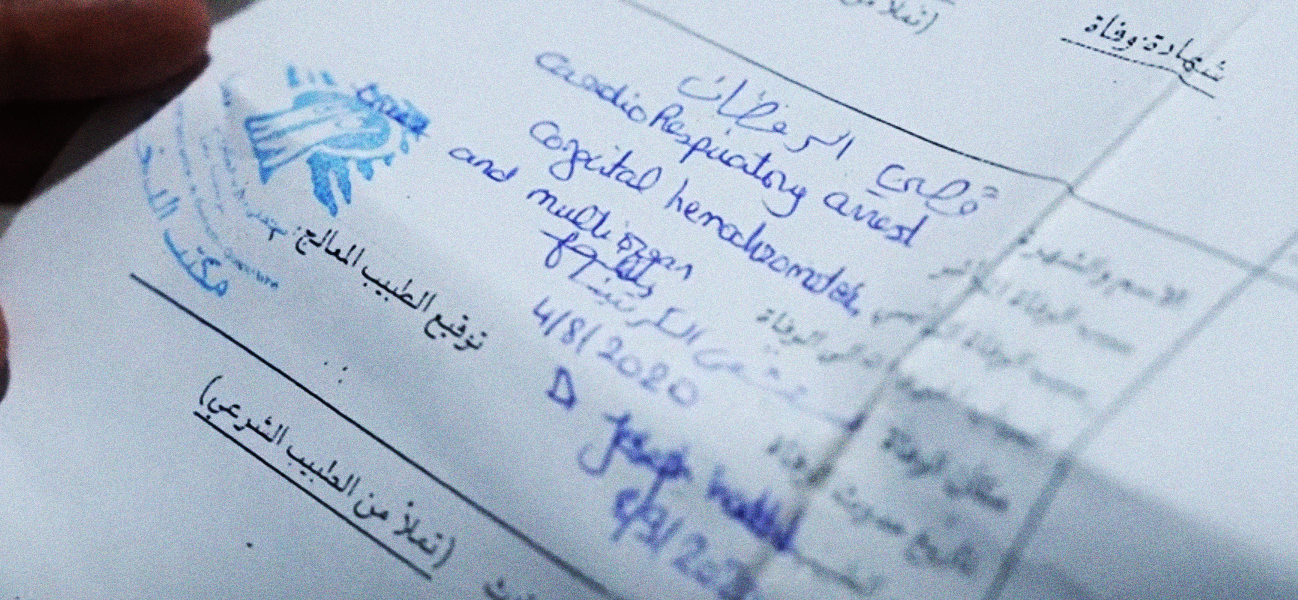
Hospital Refuses to Recognize the Cause of Death of a Syrian Child as Caused by the August 4 Beirut Blast [here]
Qusai Ramadan, a five-month-old baby, who tragically lost his life following the August 4 blast that resulted in the collapse of a hospital roof on top of him, remains exempted from the official list of victims who died in the blast.
The hospital refused to acknowledge that the blast was the child’s cause of death. Instead, they claimed that it was caused by a previous condition affecting his liver and did not acknowledge whether the blast exacerbated his condition, delayed his treatment, or simply caused the ceiling to collapse and crush the child, which led to his death.
Many non-Lebanese survivors and families of victims remain excluded from compensation or simply being registered on the official death list of the August 4 blast. Many have also reported facing discrimination from financial or medical support based on their race or nationality.
You can read more about the discrimination that non-Lebanese faced in Lebanon following the August 4 blast here:
- List of non-Lebanese victims of the August 4 blast, Beirut.com
- Law draft to exclude non-Lebanese families of victims of the August 4 blast, Beirut.com
- Report on series of exclusions against non-Lebanese from compensation, Al-Akhbar
- Testimonies on discrimination and racism after the August 4 blast from migrants and refugees, Concern Worldwide
- Housing Monitor periodic report: September-November 2022, Housing Monitor
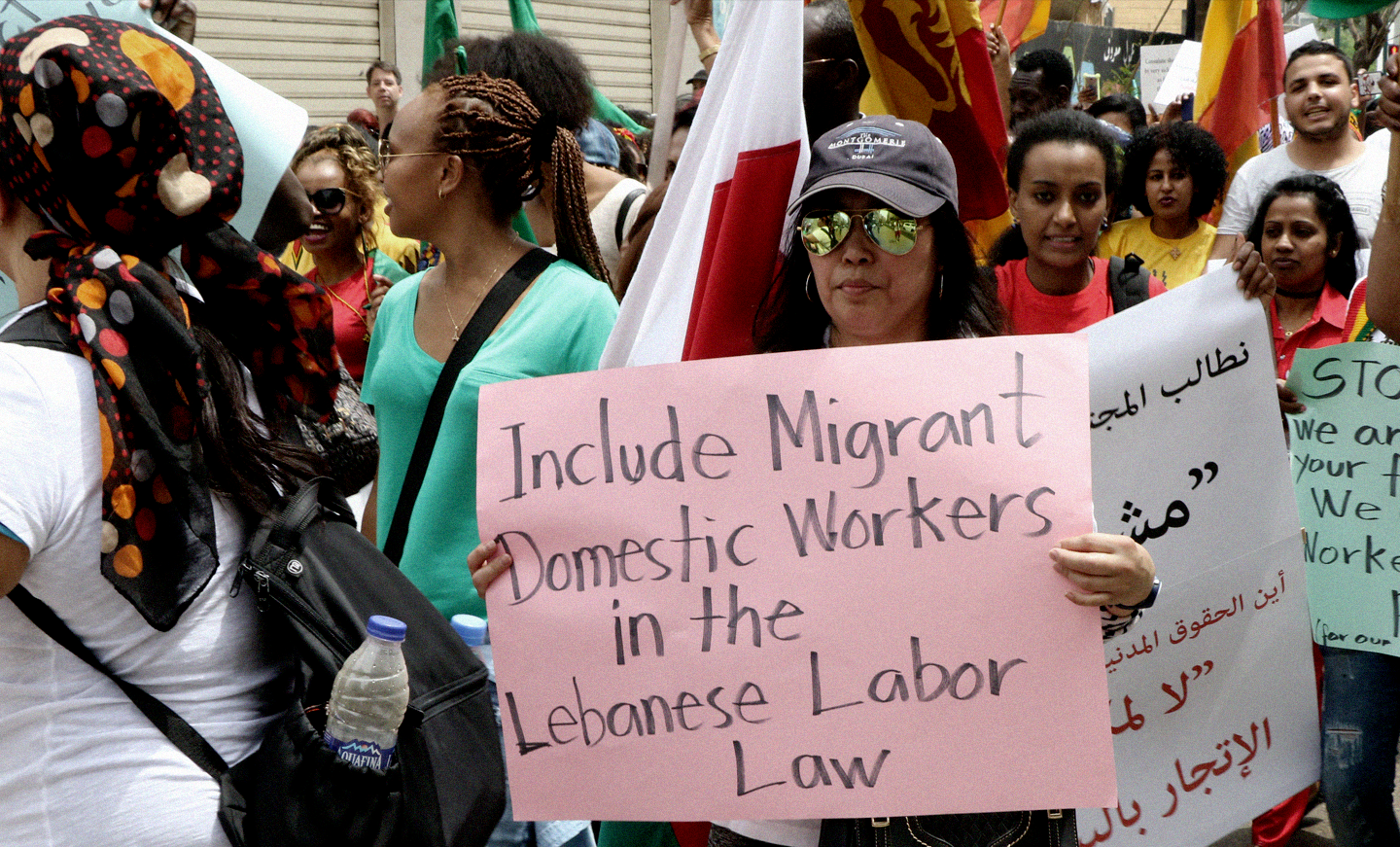
On World Day Against Trafficking in Persons, Sharika Wa Laken published a detailed article compiling some of the documented physical, economic, and sexual violence that domestic workers face and that the Kafala system governs.
The article also explains how the circumstances of forced labor under Kafala, as well as child labor, are forms of human trafficking.
In conclusion, the article reminds its readers that, while solidarity with survivors of human trafficking is important, it needs to be accompanied by clear political and social support.
The week before that, Beirut Today released an article that tackles the daily environment of racism that is fostered by Kafala, and the collective efforts to combat this inhumane system.
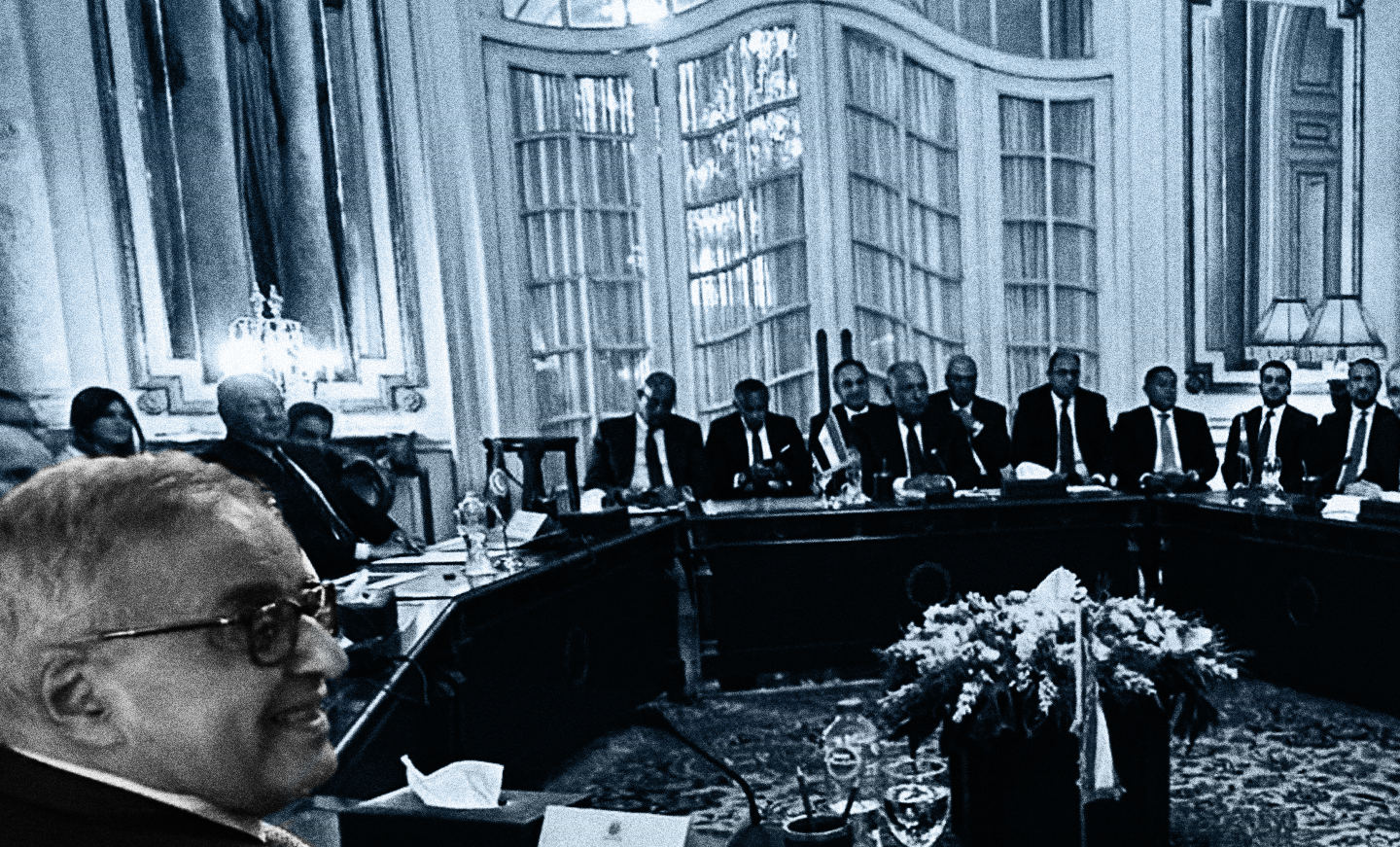
Minister of Foreign Affairs Abdallah Bou Habib announced that an agreement has been reached between the UNHCR and Lebanon on “handing over data on all the Syrian refugees residing on Lebanese territories.”
Simultaneously, the UNHCR announced in a statement that their agreement with the government complies with ”global data protection standards,” a condition the General Security still hasn’t met.
The UNHCR also stated that the Lebanese state is committed to not utilizing the data shared for “purposes contrary to international law.”
The circumstances of this agreement are obscure, and the consequences remain to be seen, especially given that the Lebanese state has been calling on the UNHCR to hand over data on Syrian refugees in the country for quite some time already.
The timing of the agreement concerns many activists who questioned the vagueness of the agreement and the lack of transparency. And while the UNHCR’s intentions may be unclear, Bou Habib’s may be less so.
One week following the agreement, Bou Habib attended a meeting at the Egyptian Ministry of Foreign Affairs to discuss “sustainable solutions to the Syrian crisis.”
The meeting concluded with a 4-page statement emphasizing the importance of the Syrian government offering “motives and facilitations” for Syrian “returnees.”
The statement also had an ironic footnote stating Lebanon’s “preference” to call the repatriation of Syrians from Lebanon “Non-Forced” Instead of “Voluntary,” contradicting التقارير that describe the reality of forced deportations and ransom facing Syrians in Lebanon, alongside non-stop media campaigns to blame Syrians for the Lebanese economic crisis and incite hatred against them.
The most recent of these campaigns is Information International blaming Syrians for the rise of unemployment in Lebanon, as well as Mikati’s political party, the “Azm Movement” expressing disdain from Syrian children who participate in children’s festivals, weirdly questioning whether it’s “racism” to discriminate against Syrian children and prioritize Lebanese children “or a lawful objection?”
The article also explains how the circumstances of forced labor under Kafala, as well as child labor, are forms of human trafficking.
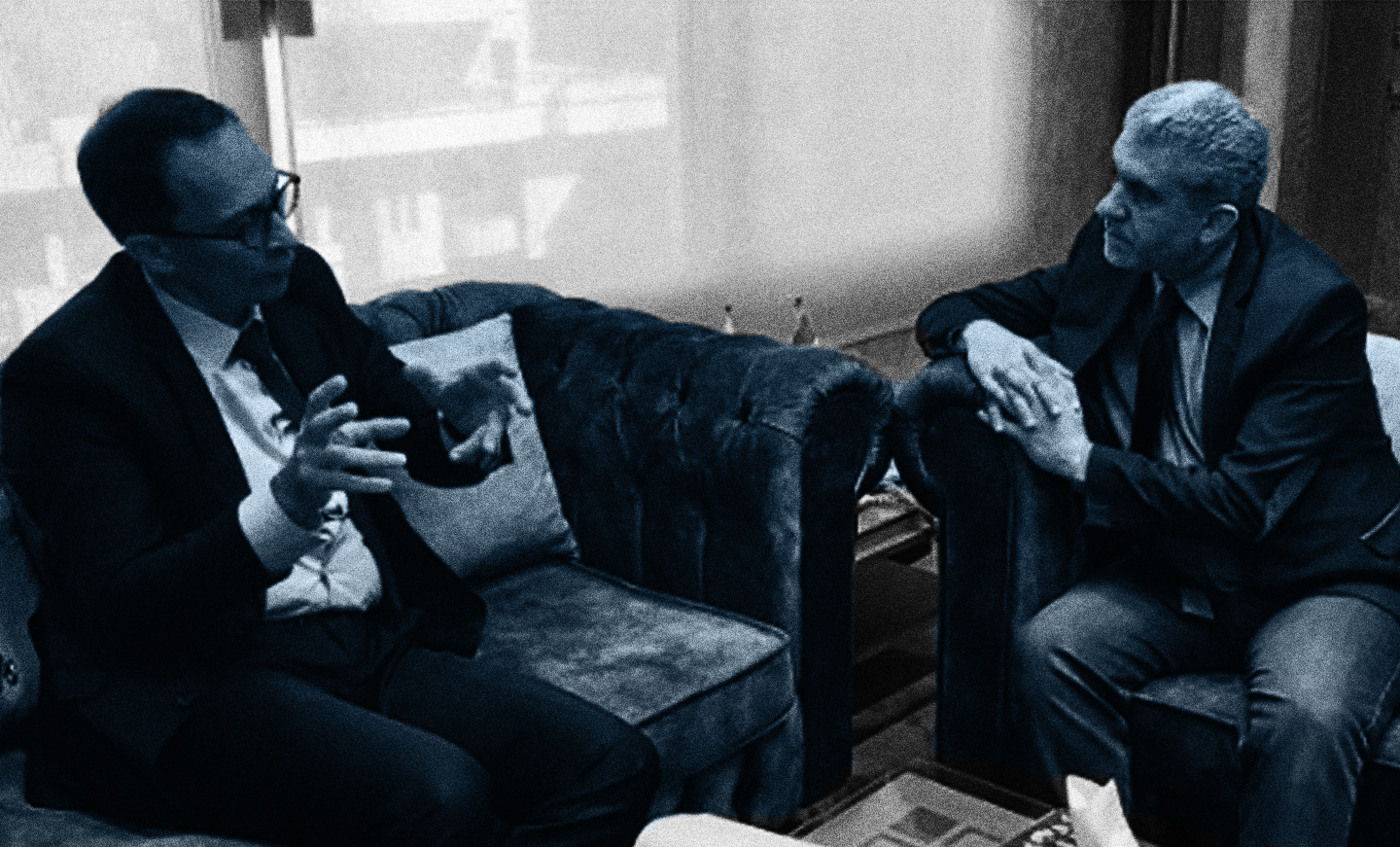
Minister of Labor Moustafa Bayram issued a decision to close an office for recruiting domestic workers, as it violated laws, regulations, and valid procedures. This comes within the framework of regulating recruitment agencies that employ practices akin to human trafficking.
In the week prior to the decision, a meeting took place between Bayram and a committee from the Bangladeshi Embassy to discuss the conditions of Bangladeshi workers and plan to “regularize the status of irregular workers.”
Additionally, Bayram stated in an interview with Al Manar that the ministry is working on securing 80% of the oil market jobs for Lebanese workers after the oil drilling stage is concluded.
Bayram told TotalEnergies, which is the company leading the exploratory drilling for oil and gas that the employment of Lebanese youth is a priority for this emerging sector.
Maroun El Khaouli, president of the General Federation of Lebanese Trade Unions, referred to the integration of Syrian Students in Lebanese schools as a “threat” meant to “erase” the Lebanese population.
In a press release, he made an absurd statement, claiming that integration of Syrian children with Lebanese will “lead to violence and bullying.”
In a podcast episode on Beirut24, Khauli rejected the integration conditions put on Lebanese public schools by donors.
Instead, he falsely claimed that Syrian children were prioritized over Lebanese children during the teachers’ strikes when in reality, it was the opposite.
According to Save The Children, “Strikes started on 9 January, with teachers working the ‘morning shift’, teaching primarily Lebanese children. The following day, the Ministry of Education and Higher Education announced the suspension of afternoon classes, which are primarily attended by Syrian refugee students, in order to prevent tensions.”
Additionally, The National News reported that “The partial end of the public school strike on Monday only pertains to morning shift classes attended by Lebanese pupils, but not the afternoon classes held for the children of refugees who fled the civil war in neighbouring Syria.”
Lastly, a study by the Lebanese American University states that nearly half of the school-aged Syrian children are not enrolled in schools mainly due to “arbitrary rejections by Lebanese schools.”
Khauli seems to ignore this dire reality of segregation between Lebanese and Syrian children in Schools by spreading false claims about the “integration” of Syrians in Lebanon, which is almost non-existent. The Minister of Education previously stated that integration of Syrian children with Lebanese children is “not feasible”
One day after the podcast episode release, Khauli called for the deportation of imprisoned Syrians in Lebanon, and questioned the progress of the deportation “plan” of Syrian refugees in Lebanon.
His “concern” over the matter was directed to Prime Minister Najib Mikati and the Minister of Justice Henry Khoury, calling them to “review hosting policies of Syrian refugees and provide safe environments for host communities, especially from irregular Syrian workers.”
This reaction came after 4 Syrian workers تعرضتا لإعتداء a Lebanese employer in Baskinta. The ISF opened an investigation, and it hasn’t been reported whether or not the workers were arrested.
However, Khauli took advantage of this incident to incite against all Syrian refugees, accusing them of being “gangs who settled in Lebanon.”
Khauli is also the founder, and leader of the so-called “National Campaign to Liberate Lebanon from the Syrian Demographic Occupation”: a movement that called for a protest in April in front of the UNHCR office in Beirut “in order to combat the insolence of this occupier” (meaning Syrian refugees). This protest, and counter-protests, were quickly forbidden by the Minister of Interior Bassam Mawlawi.
Khauli’s racist reaction is no surprise to anyone. He previously referred to the continued presence of Syrian refugees in Lebanon as “the greatest danger Lebanon has witnessed since its creation.”
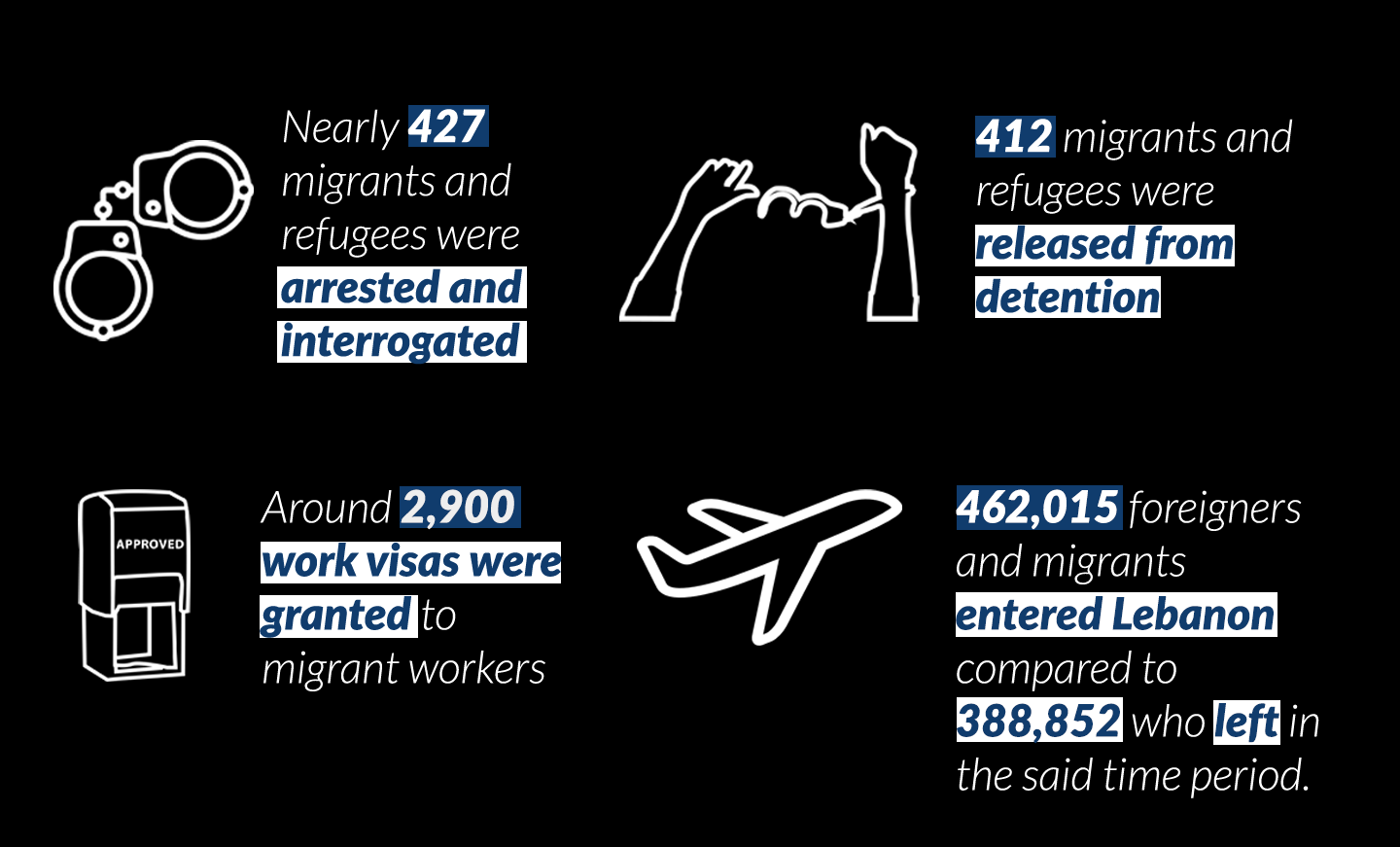
General Security Publishes List of Arrests, Entry/Exit, Work Visas Disaggregated by Nationality from Mid-June to Mid-July [here]
The General Security Office (GSO) published a breakdown of arrests, entry/exit, and work visas between mid-June and mid-July in the new issue of the GS journal released on August 7th. Highlights included the following:
- Nearly 427 migrants and refugees were arrested and interrogated;
- 412 migrants and refugees were released from detention after interrogation;
- Around 2,900 work visas were granted to migrant workers mostly from Ethiopia, كينيا, and the Philippines. There is no information on how many of these work permits were granted to newcomers.
462,015 foreigners and migrants entered Lebanon compared to 388,852 who left in the said time period.
مقالات مشابهة
لديك أي أسئلة؟
للاستعلام عن هذا البيان والسياق ، راسلنا عبر البريد الإلكتروني أو املأ النموذج.
إشتركوا في النشرة الإلكترونية
نعمل في حركة مناهضة العنصرية بجهد على العديد من النشاطات والمبادرات المختلفة. معظم نشاطنا تعدّ في الإمكان بفضل فريق من المتطوعين/ات يعمل مع فريقنا الأساسي بشغف و إخلاص.
حركة مناهضة العنصرية هي حركة شعبيّة أنشأتها جهات شبابيّة ناشطة في لبنان بالتعاون مع عمّال وعاملات أجانب. نعمل معًا في الحركة على توثيق الممارسات العنصرية والتحقيق فيها وفضحها ومحاربتها من خلال مبادرات وحملات عديدة. تمّ إطلاق حركة مناهضة العنصرية عام 2010 عقب حادثة وقعت في أحد أكثر المنتجعات البحرية الخاصّة المعروفة في بيروت.